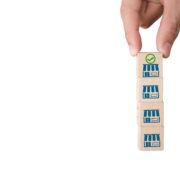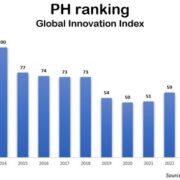Due to negative impacts of the Covid-19 outbreak, the Philippines’ automotive industry is forecasted to grow by only 0.4 percent this year to 371,345 units, lower from its previous projection of 7.4 percent as said in the March 23 report by Fitch Solutions.
Because of the rising number of Covid-19 cases, the Philippine Government ordered Luzon under enhanced community quarantine which in turn, automotive sales will face severe downside risks in 2020.
The report said the temporary closure of non-essential establishments like car dealership networks during the quarantine period will impact the automakers’ sales for the first half of the year. Further adding that “This will result in a significant drop in new vehicle sales as an inability to make vehicle purchases while the stringent measures to stop the spread of Covid-19 remain in place.”
In addition, the report also advised that consumers will likely hold off spending on non-essential goods such as cars amid the Covid-19 pandemic—affecting the sales on passenger car segments.
It expected passenger car segment sales to contract by 1 percent in 2020.
Moreover, the Covid-19 crisis now also delays the rollout of the government’s Public Utility Vehicle (PUV) Modernization Program, which aims to replace ageing PUVs with more environment-friendly Euro 4-compliant light commercial vehicles.
“In light of the total ban on all forms of public transport in the province, as part of the enhance quarantine measure in the province of Luzon, transport operators will face significant losses in revenue due to a collapse in commuter demand, thus prompting them to hold off on their planned fleet renewals,” the report said.
However, the long-term outlook projects that higher incomes and demand will drive vehicle sales next year to 2029, “Moreover, the government’s ambitious ‘Build, Build, Build’ infrastructure development program, which involves numerous infrastructure projects in the power and transport sectors, will lend further support for commercial vehicle demand well within our forecast period,” Fitch Solutions said.
Last year, local car assemblers reported 3.5-percent growth in sales reaching to 369,941 units while car importers’ sales decreased by 0.5 percent to 87,984 units.






